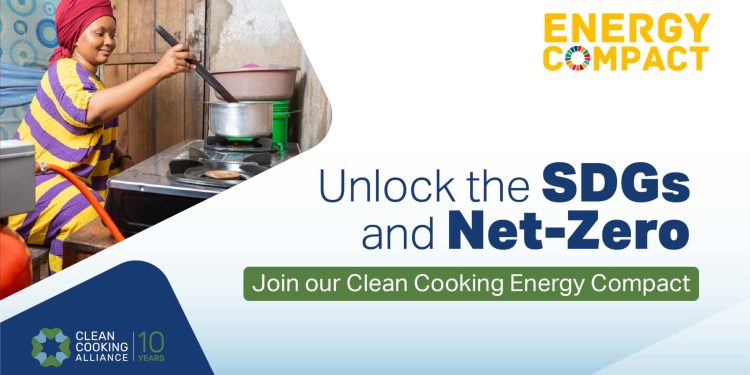By Hassan Osman Kargbo
The Ministry of Energy, in collaboration with the Presidential Initiative on Climate Change, Renewable Energy, and Food Security (PI-CREF), has validated Sierra Leone’s National Clean Cooking Strategy. This key milestone aims to address the pressing environmental, public health, and socio-economic challenges associated with traditional cooking methods across the country.
Speaking at the validation event, Dr. Kandeh Kolleh Yumkella, Energy Sector Lead and Chairman of PI-CREF, emphasized the need for building strong coalitions to achieve clean cooking goals, stressing that clean cooking has long been neglected in national development agendas and requires both national and international attention.
“For years, clean cooking has been treated as a charity by many international development financing institutions. But this is a multi-billion-dollar problem that demands serious investment,” Dr. Yumkella said. “We’ve been working on this for nearly 25 years; and though the struggle continues, there is hope. We are beginning to see significant progress, especially in Africa, where clean cooking is now gaining priority.”
Dr. Yumkella highlighted that clean cooking is critical to environmental sustainability, gender equity, and economic development. He also pointed to the integration of clean cooking in “Mission 300,” a national program aiming to institutionalize sustainable energy solutions. As part of the strategy’s next steps, he proposed the creation of an inter-ministerial committee involving the Ministries of Energy, Environment, Gender, Fisheries, and Agriculture to advance public health through clean cooking.
Deputy Minister of Environment and Climate Change, Yema Mimi Soba-Stephens, echoed Dr. Yumkella’s concerns. She noted that clean cooking must become a collective national responsibility and remains a priority for President Julius Maada Bio’s administration.
“This issue is close to President Bio’s heart,” she said. “Our ministry is working with other government agencies to shift away from open fires and charcoal cooking. The goal is to transition our people towards using gas and electric stoves for more efficient, cleaner cooking.”
Soba-Stephens emphasized that adopting clean cooking practices would not only help save the environment but also combat climate change by reducing deforestation and greenhouse gas emissions. She pointed to the Ministry’s forestry department as having a key role in advancing clean cooking through sustainable biomass management and the promotion of efficient cook-stove technologies.
She also advocated for the inclusion of sustainable charcoal production in the national strategy to support both environmental and energy goals.
Representing the Ministry of Health, Timothy Kamara from the Directorate of Environmental Health, described the strategy’s validation as a “significant milestone” in improving household energy solutions. He emphasized that clean cooking is a public health priority, especially due to the harmful effects of traditional cooking fuels like firewood and kerosene.
“These fuels contribute to indoor air pollution and respiratory diseases,” Kamara said. “Women and children are particularly affected as they are disproportionately exposed to these harmful conditions daily.”
Kamara added that clean cooking solutions can dramatically reduce the incidence of such health problems, while also contributing to a cleaner environment and improved quality of life for all Sierra Leoneans.
With the validation of the National Clean Cooking Strategy, Sierra Leone is poised to take decisive steps towards a sustainable, healthy, and climate-resilient future.










